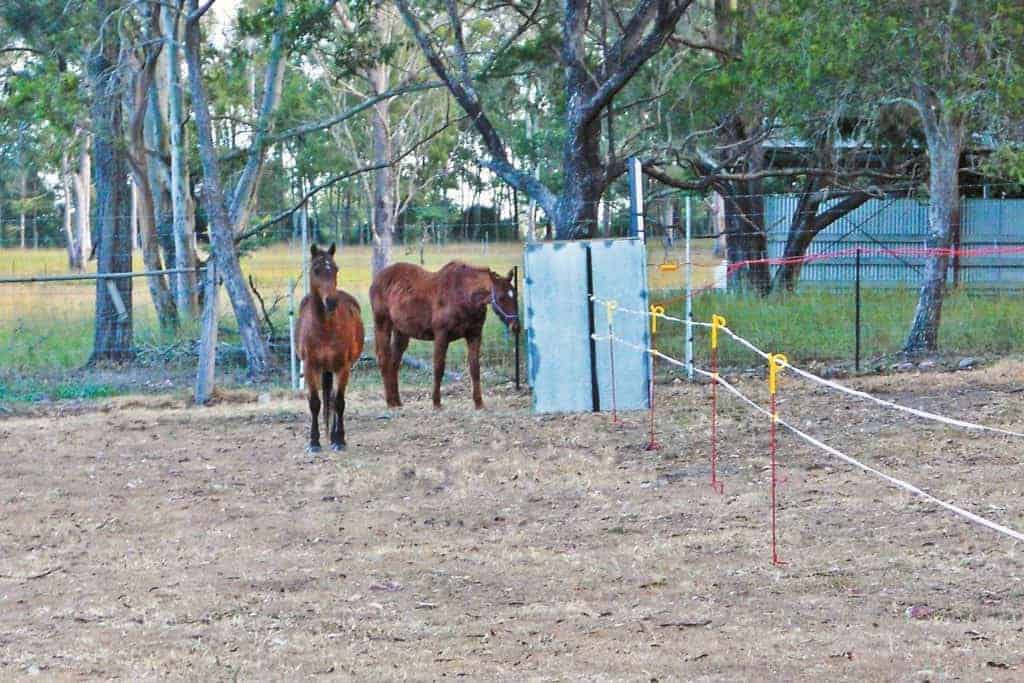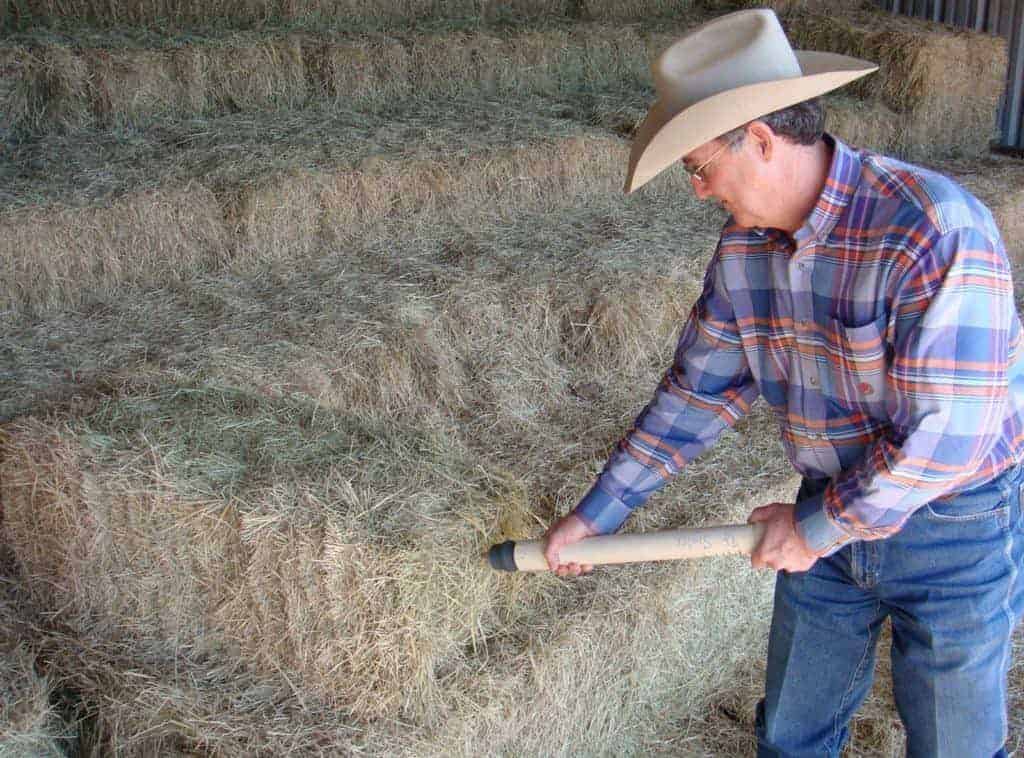
Monthly Equine Wellness Tips
Find a year’s worth of tips to keep your horse healthy in every season.

Find a year’s worth of tips to keep your horse healthy in every season.

Dr. Clair Thunes explains how eating hay and the digestion process helps keep horses warm.

How can you make sure your horse is getting the nutrition he needs during the cold months? Ask our equine nutritionist!

A nutritionist can tell you if you’re over- or underfeeding or supplementing and address other equine diet concerns.

Researchers found that some ponies are willing to exercise themselves … as long as there’s food involved.

Owners of horses with medical problems reported “good” results following nutritional consultation in 92% cases.

Horses voluntarily reduced their hay intake (and, thus, calorie consumption) when offered teff compared to ryegrass.

If your aging equid can’t or won’t eat hay, don’t worry: there are several other fiber options available.

Alfalfa products with smaller particle sizes appear to be more effective in helping limit gastric lesion formation.

Find out why using a hay corer or probe offers the best sample collection for hay nutritional analysis.

Researchers identified risk factors including hay type, water source, breed, and pasture access.

The weather can halt early season hay production. Here’s what to remember if you only have access to late-cut hay.

The key is to ensure the hay, haylage, or grass has enough high-energy nutrient value to cover the horse’s needs.

A low-starch, fiber-based diet can help manage equine gastric ulcer syndrome after medical treatment is stopped.

Our nutrition expert, who’s also a USPC regional supervisor, shares the basic nutrition rules every Pony Clubber learns.

Restoring a neglected horse’s health can be rewarding, but also complicated, time-consuming, and sometimes unsuccessful.
Stay on top of the most recent Horse Health news with
"*" indicates required fields